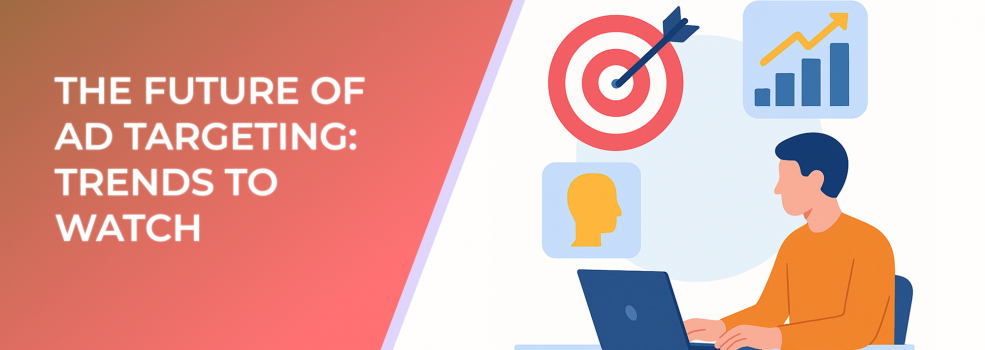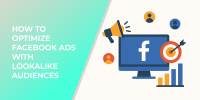The digital advertising landscape is changing rapidly, and Facebook ad targeting remains one of the most effective ways to reach specific audiences. Studies show that personalized ads can increase click-through rates by up to 200% compared to generic campaigns. As third-party cookies phase out, advertisers are relying more on advanced targeting strategies such as interest-based targeting, lookalike audiences, and custom audience segmentation.
By leveraging Facebook audience insights and precise demographic targeting, businesses can deliver highly relevant messages, boosting both engagement and conversions.
AI and Machine Learning in Ad Targeting
The majority of marketers now use AI in daily tasks—and many employ generative AI for audience targeting
Artificial intelligence is transforming Facebook ad targeting by optimizing campaigns in real-time. Algorithms can now analyze vast datasets to identify patterns, predict user behavior, and deliver ads to the right people at the right moment. According to recent statistics, AI-driven ad campaigns can lower acquisition costs by up to 30%.
Marketers who integrate AI into their ad targeting strategy gain an edge in personalization, audience expansion, and creative testing.
Privacy-First Advertising
Types of Facebook audience targeting—with data sources, privacy notes and best-practice strategies
With data privacy laws like GDPR and CCPA, as well as Apple’s App Tracking Transparency, advertisers are adapting to a privacy-first world. This shift emphasizes the importance of first-party data and consent-based targeting. Facebook's tools for custom audience creation based on consented customer data will play a bigger role in the years ahead.
By focusing on building trust through transparent practices and value-driven content, brands can continue to target effectively without compromising privacy.
Omnichannel Targeting Strategies
Future ad targeting will move beyond single-platform strategies. Integrating Facebook ad targeting with other digital channels such as Instagram, Messenger, and even email marketing ensures cohesive brand messaging. Research shows that omnichannel campaigns achieve 3x higher engagement rates compared to single-channel approaches.
Combining cross-platform data with Facebook's powerful ad tools will be essential for maximum reach and ROI.
Key Takeaways for Businesses
-
Invest in AI-powered targeting tools to stay ahead of competitors.
-
Build and nurture first-party data to remain compliant and effective.
-
Adopt omnichannel strategies for consistent brand presence.
The future of Facebook ad targeting will favor brands that combine technological innovation with ethical marketing practices.

